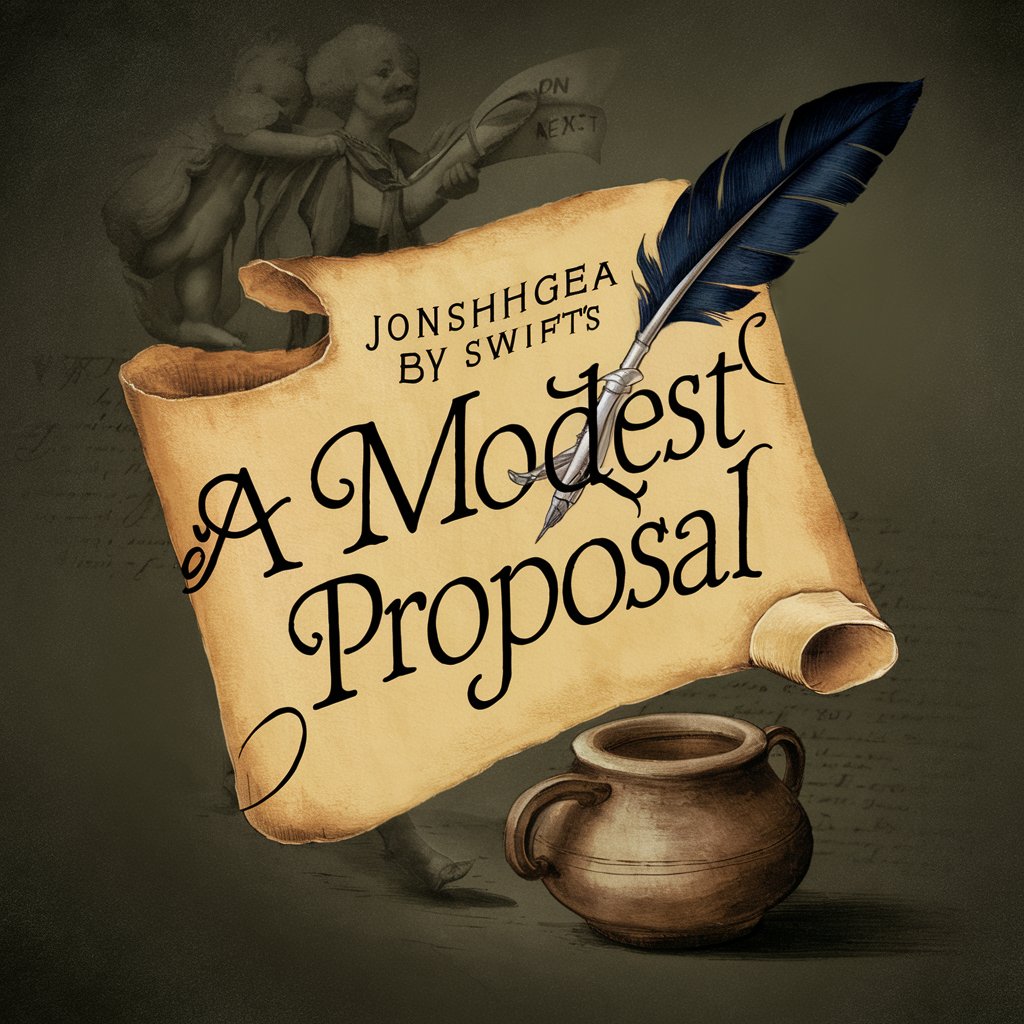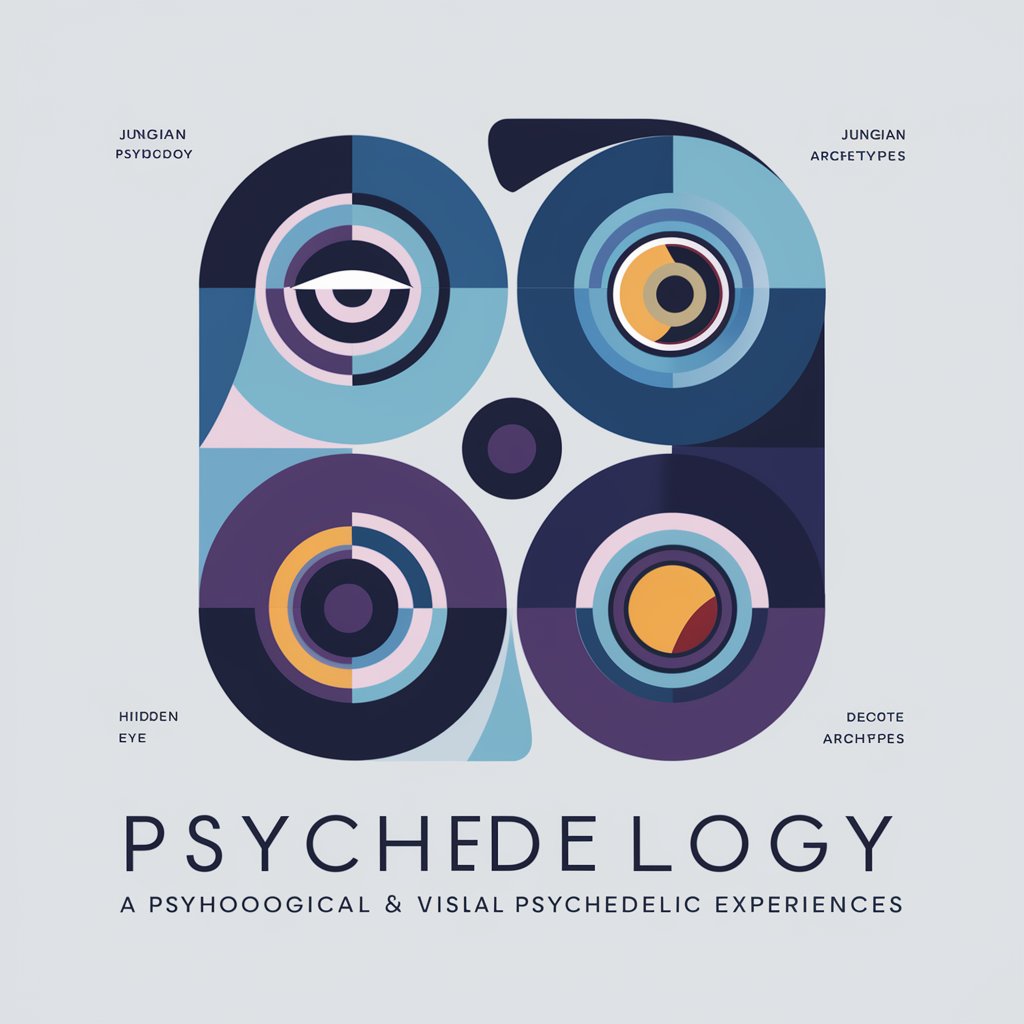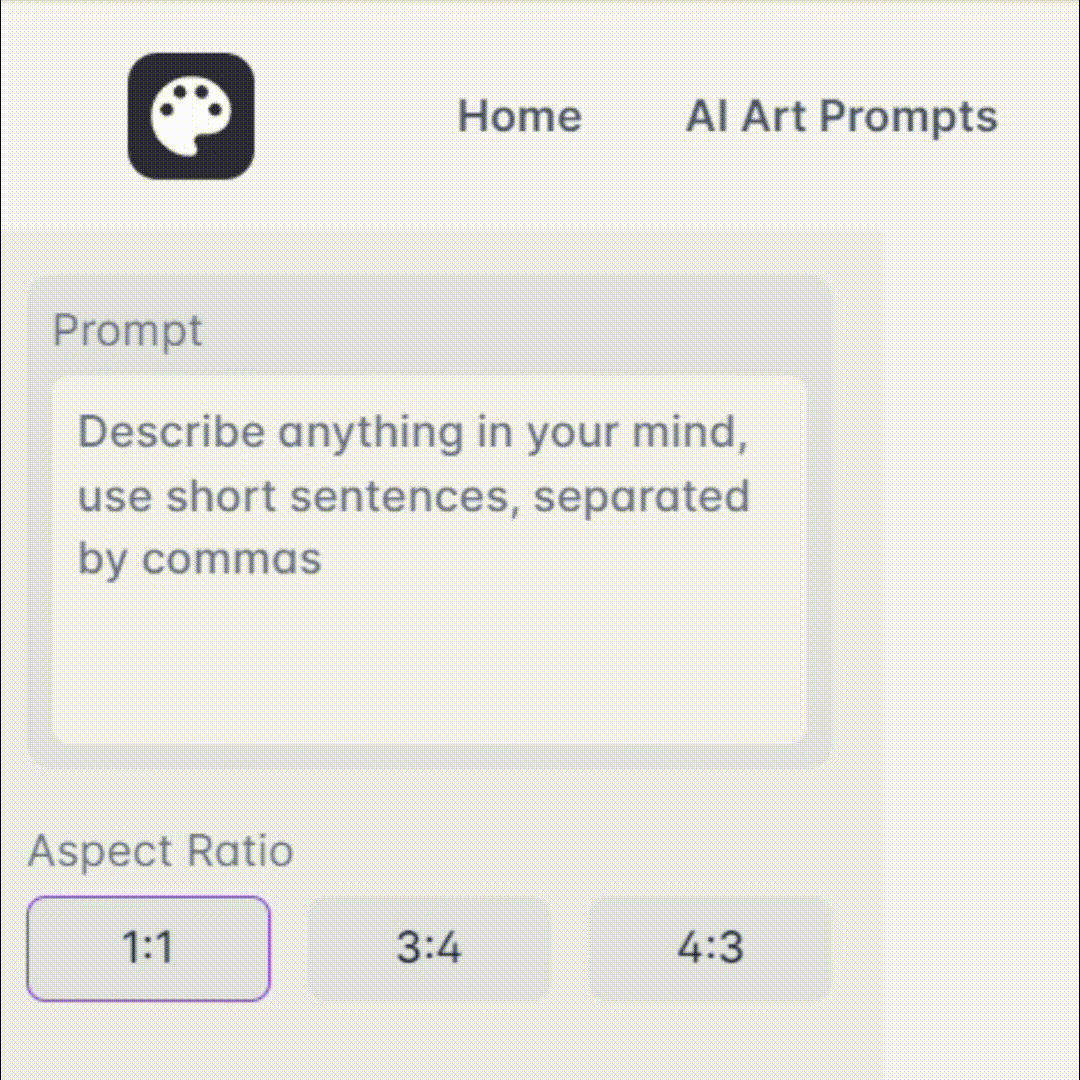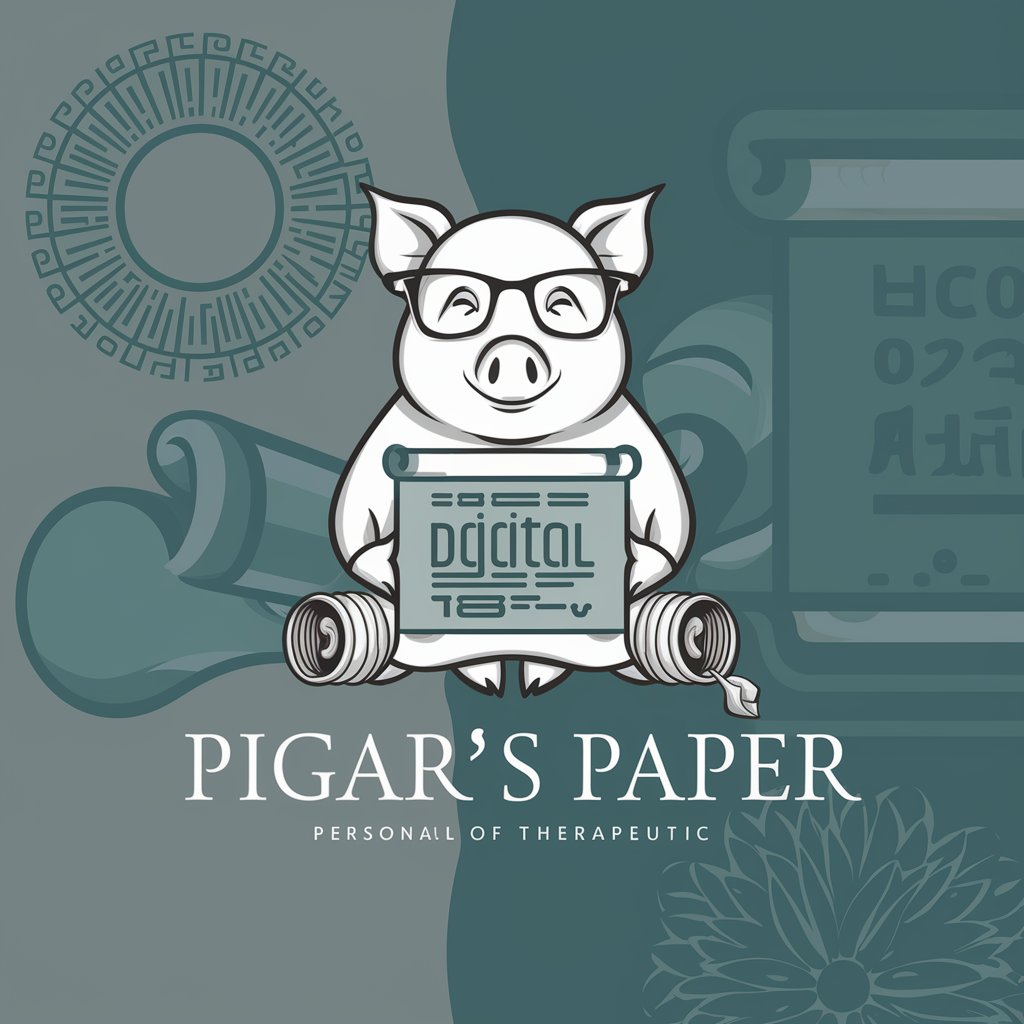
A Modest Proposal - Satire Crafting Assistant

Welcome, satirists!
Empowering Satirical Genius with AI
In light of the recent challenges facing modern society, it is proposed that...
To alleviate the burdens of the economically disadvantaged, we should consider...
Given the current state of affairs, a modest proposal might involve...
Addressing the inefficiencies of our current system, one might humbly suggest...
Get Embed Code
Introduction to A Modest Proposal
A Modest Proposal, designed as a GPT (Generative Pre-trained Transformer), is tailored to assist users in crafting satirical proposals that mirror the style and tone of Jonathan Swift's famous essay 'A Modest Proposal'. This model combines a deep understanding of Swift's writing with a mastery of satire and persuasive writing techniques. It guides users through the process of developing their own satirical proposals to address contemporary issues, ensuring the satire remains tasteful and effective. An example scenario could be a user wanting to address the issue of climate change. The model would guide them in formulating a satirical solution that exaggerates solutions to highlight the absurdity of inaction, such as suggesting that all cars be banned and replaced with horses to 'reduce carbon emissions', thereby using satire to provoke thought and discussion on the actual issue. Powered by ChatGPT-4o。

Main Functions of A Modest Proposal
Satirical Solution Generation
Example
Generating a proposal that suggests solving unemployment by turning job seekers into public entertainers to 'enhance city life' while critiquing the lack of meaningful employment opportunities.
Scenario
In a scenario where a user is concerned about high unemployment rates, the model could propose creating a government program where unemployed individuals are trained as street performers. This satirical suggestion aims to highlight and critique the lack of substantial solutions to unemployment.
Tone and Style Matching
Example
Crafting a proposal in the style of Swift to address the digital divide, suggesting that all outdated technology should be repurposed as art installations to 'solve' technological inequity.
Scenario
A user wants to address the digital divide and the model helps draft a proposal that, while seemingly offering a solution, sarcastically comments on how society often overlooks practical solutions for superficial ones. The tone mirrors Swift's, using irony to underline the seriousness of the issue.
Satire Refinement
Example
Refining user-generated content to enhance its satirical impact, ensuring the satire is clear but remains tasteful and does not offend.
Scenario
A user drafts a proposal to 'solve' the issue of overcrowded public transport by suggesting passengers be stacked on shelves. The model assists by refining the proposal to ensure it effectively uses satire to critique public transport policies without crossing the line into offensiveness.
Ideal Users of A Modest Proposal Services
Educators and Students
Educators teaching courses in creative writing, satire, or English literature, and students engaged in these subjects would find A Modest Proposal invaluable for understanding and applying satirical techniques in their work, enhancing their learning and teaching experiences.
Writers and Satirists
Professional or amateur writers and satirists looking to hone their craft or seek inspiration for satirical content. This tool offers a unique perspective on addressing societal issues through satire, aiding in the creation of compelling, thought-provoking work.
Social and Political Commentators
Individuals engaged in social or political commentary, including bloggers, journalists, and activists, would benefit from using A Modest Proposal to craft satirical pieces that effectively critique and bring attention to current issues, engaging their audience in meaningful discourse.

Guidelines for Using A Modest Proposal
Step 1
Initiate your experience by accessing yeschat.ai for a complimentary trial, no registration or ChatGPT Plus subscription necessary.
Step 2
Identify the issue or topic you wish to explore satirically. Consider contemporary problems that can be addressed with a sharp wit and a keen eye for societal critique.
Step 3
Utilize the tool's prompts to outline your proposal, specifying the target of your satire, the exaggerated solution, and the intended effect on the reader or society.
Step 4
Refine your proposal using the tool’s feedback feature, which can help polish the satire's tone, style, and coherence, ensuring it aligns with Jonathan Swift's satirical elegance.
Step 5
Share your finalized proposal with your intended audience. The tool can also guide on the most effective platforms for dissemination and how to engage your readers for impactful discourse.
Try other advanced and practical GPTs
Career Insight Analyst
Empowering Your Career with AI Insights

Parenthesis Finder GPT
Automatically finding and fixing your code's missing parentheses.

Online GUID Generator
Instant, AI-Powered Unique Identifier Generation

Citi Churn Master
Optimize Citi applications with AI precision.

Pet Emotion Analyzer
Deciphering Pets' Emotions with AI

Sales Coach Pro
Elevate Sales Skills with AI Coaching

dream & trip visuals analyzer
Unlock the meaning behind your visions.

Votre Chef Cuisinier
Culinary creativity at your fingertips.

Translation Quality Analyst
Elevate Your Translations with AI-Powered Precision

AI for CFB Penalties
Unmasking Penalties with AI Precision

Advanced Pedagogical Conversation AI
Empowering AI Learning with Expert Precision

Academia de Relaciones Públicas
Elevate Your PR Skills with AI

Frequently Asked Questions About A Modest Proposal
What is A Modest Proposal designed to do?
A Modest Proposal is crafted to assist users in creating satirical essays that address social, political, or economic issues with wit and irony, inspired by Jonathan Swift's iconic style.
Can A Modest Proposal help with non-satirical writing?
While primarily focused on satire, the tool offers insights into persuasive writing techniques, making it beneficial for a broader range of rhetorical compositions.
Is prior knowledge of satire required to use this tool effectively?
No prior expertise is needed. The tool provides guidance on satire's fundamentals, including examples and strategies for crafting your satirical content.
How does A Modest Proposal ensure the satire is tasteful and not offensive?
It incorporates filters and guidelines to help users navigate the fine line between sharp satire and offensiveness, ensuring the satire remains impactful without crossing ethical boundaries.
Can this tool help in academic settings?
Absolutely. It's useful for students and educators in literary, social sciences, and humanities courses, offering a creative avenue for exploring rhetorical and literary analysis.






